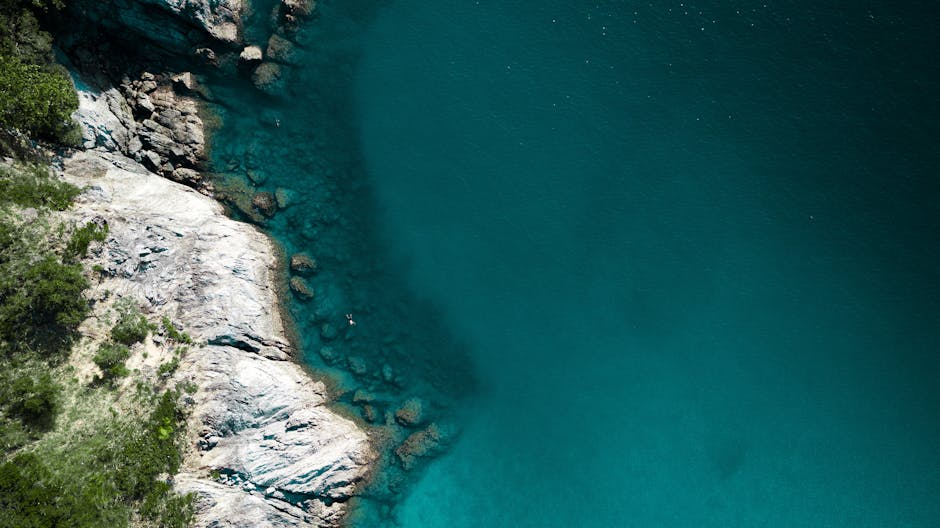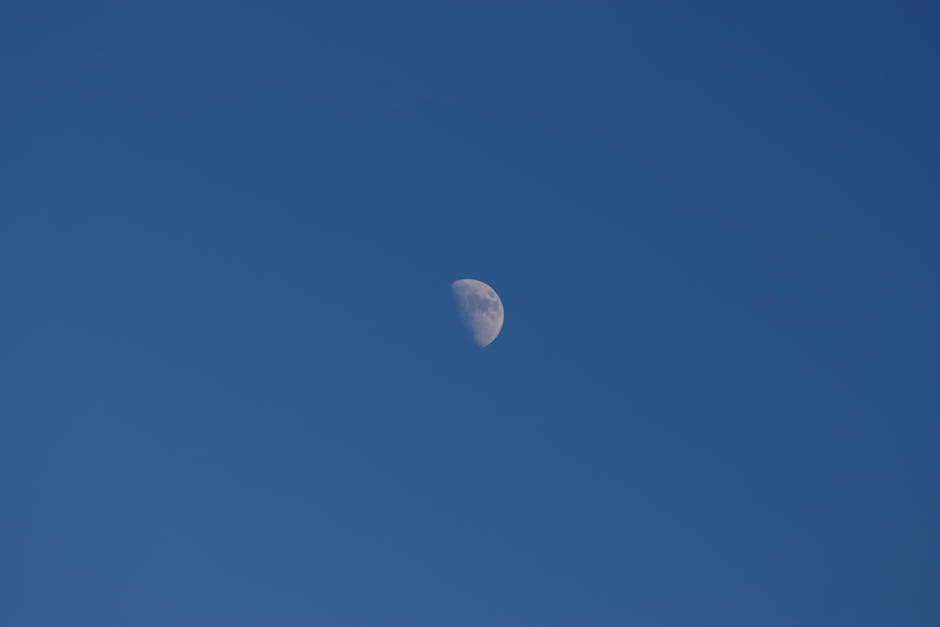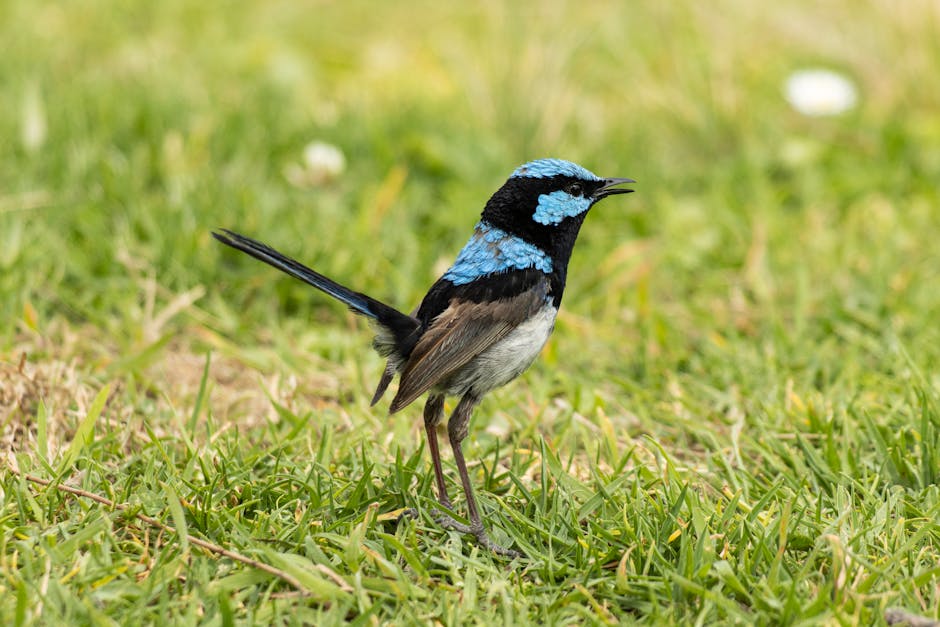A Haunting Anniversary: The X-Press Pearl Disaster
It was in May 2021 that the MV X-Press Pearl, a container ship laden with a toxic cocktail of nitric acid and billions of plastic pellets known as nurdles, caught fire and sank off the coast of Colombo. What followed was not just a shipping accident; it was Sri Lanka’s worst-ever environmental disaster. The island nation’s pristine western coastline was smothered in a toxic blanket of microplastics, chemicals, and debris.
The images from that catastrophe are seared into our collective memory: dead sea turtles and dolphins washing ashore, their bodies filled with plastic; fishermen, their livelihoods decimated, staring at a sea that had turned against them; and volunteers scooping up endless waves of tiny plastic pellets from the sand. The X-Press Pearl disaster was a brutal lesson in the fragility of our marine ecosystems. Four years later, Sri Lanka is still counting the cost as nurdles continue to pollute the marine food chain.
Déjà Vu: A New Crisis in the Sundarbans
Today, a familiar, sickening rainbow sheen of oil once again stains the turquoise waters of the Indian Ocean. This time, the epicentre of the crisis is the ecologically fragile Sundarbans delta, where a collision between a tanker and a cargo vessel has unleashed a torrent of crude oil, threatening the world’s largest mangrove forest. For coastal communities across South Asia, this scene is a horrifying echo of a nightmare that has never truly ended.
As Indian and Bangladeshi coast guards scramble to contain the new spill, the ghost of the X-Press Pearl looms large. Officials in both New Delhi and Dhaka have issued statements promising swift action, deploying containment booms and assessing the damage. But for the fishermen of the Sundarbans, whose lives are interwoven with the health of the mangroves, these promises ring hollow.
“The sea that feeds us is becoming a graveyard,” lamented Anwar Sheikh, a fisherman from a coastal village in West Bengal. “First, we hear stories from Sri Lanka, and we pray it never happens here. Today, the poison is at our doorstep.”
A Region Under Constant Threat
The Indian Ocean is one of the world’s busiest maritime highways. Every day, thousands of vessels carrying everything from crude oil to hazardous chemicals traverse these waters. While vital for global trade, this traffic places the coastlines of India, Sri Lanka, Bangladesh, and the Maldives under constant threat. Each vessel is a potential ticking time bomb.
The X-Press Pearl should have been a watershed moment—a catalyst for a robust, unified regional framework for maritime safety, pollution control, and corporate accountability. It should have spurred the creation of a rapid-response force backed by stringent laws that hold polluters financially responsible.
Lessons Unlearned? The Urgent Need for Action
This new disaster suggests that the lessons from Sri Lanka’s tragedy were merely documented in reports, destined to gather dust on bureaucratic shelves. As the oil slick spreads, threatening the delicate balance of the Sundarbans—a UNESCO World Heritage site and home to the Royal Bengal Tiger—it serves as a stark reminder that our oceans have no borders. A disaster in one nation’s waters is a threat to all.
The cost of inaction is being written on our shores, in the oil-slicked feathers of seabirds and the empty nets of our fishermen. The challenge is not just to clean up this latest mess, but to finally build the defences necessary to prevent the next one. Otherwise, we are doomed to repeat this cycle of disaster, response, and collective amnesia, until there is nothing left to save.




